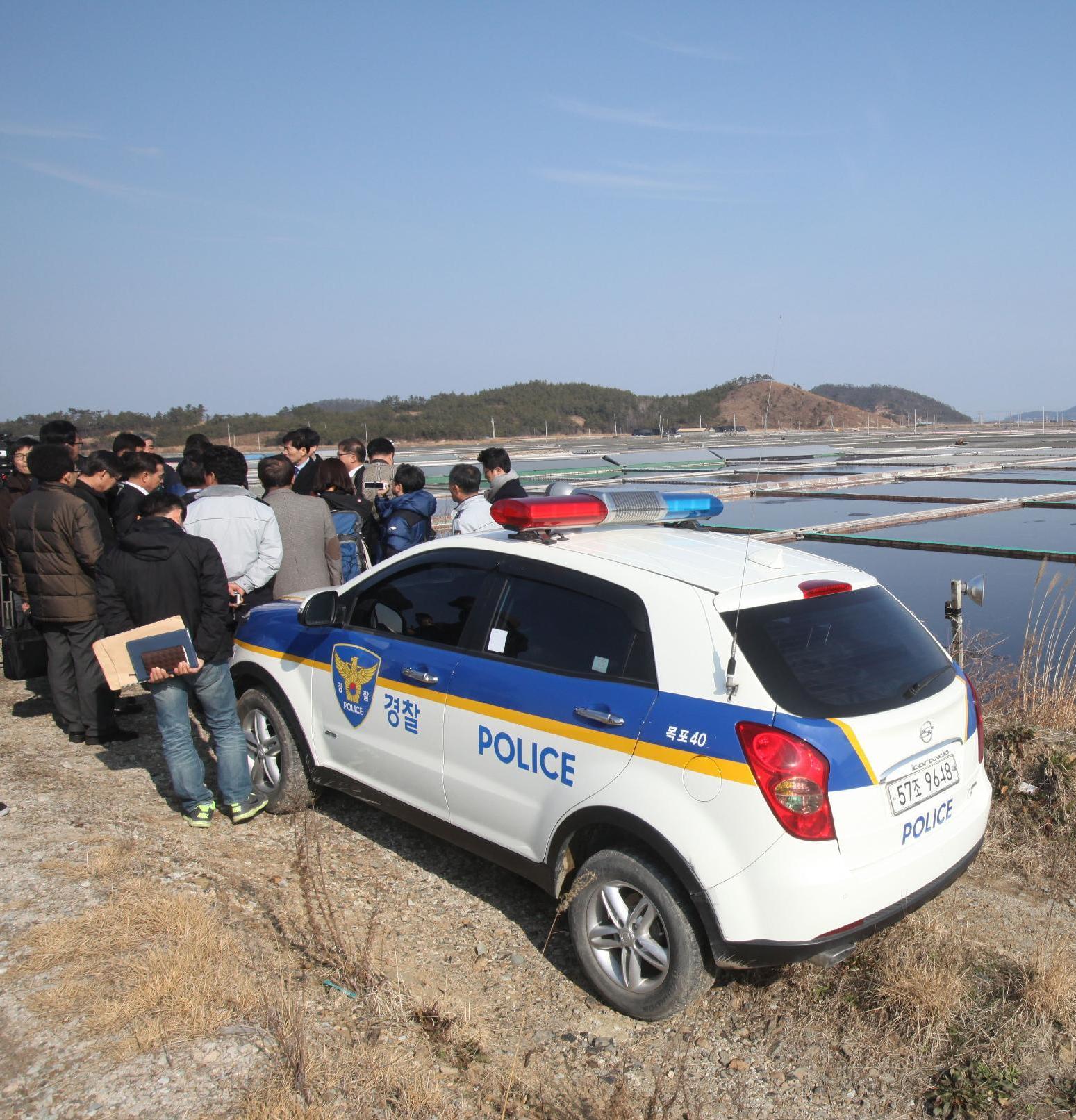A living hell for disabled slaves on South Korean islands
The regional tourist board calls the 1,004 islands clustered in the sun-sparkling waters off South Korea’s southwestern tip “Angel Islands,” because the Korean word for “1,004” sounds like the word for “angel.” Local media call them “Slave Islands.” Parts of the region have been shut out from the country’s recent meteoric development. On many of the 72 inhabited islands, salt propels the economic engine, thanks to clean water, wide-open farmland and strong sunlight. To make money, however, farmers need labor—lots of it and cheap. Slavery thrives on this chain of rural islands off South Korea’s rugged southwest coast, nurtured by a long history of exploitation and the demands of trying to squeeze a living from the sea. Five times during the last decade, revelations of slavery involving the disabled have emerged, each time generating national shame and outrage. Although 50 island farm owners and regional job brokers were recently indicted, no local police or officials have faced punishment—and national police say none will, despite multiple interviews showing some knew about the slaves and even stopped escape attempts.
What we are finding is just the tip of the iceberg. It’s hard to comprehend how bad it is for the disabled people who are forced to work out on these isolated islands.
Park Su-in, an activist
The exact number of people enslaved on the islands is difficult to determine for the same reasons that slavery lingers: the transient nature of the work, the remoteness of the farms and the closeness—and often hostility—of the island communities. Slavery has been so pervasive that regional judges have shown leniency toward several perpetrators. In suspending the prison sentences of two farmers, a court said that “such criminal activities were tolerated as common practice by a large number of salt farms nearby.” The findings shine a spotlight on the underbelly of an Asian success story. After decades of war, poverty and dictatorship, South Koreans now enjoy a vibrant democracy and media, and an entertainment industry that’s the envy of the region. But amid the country’s growing wealth and power, the disabled often don’t fit in.
These are people who are neglected and mistreated, people who have nowhere to go. What alternative does our society have for them?
Hong Chi-guk, a 64-year-old salt farmer

World